How Your Body Reacts to a Cup of Coffee
Without that first cup of coffee in the morning some people can hardly make it out of bed. Just what is it about a hot (or cold) cup of joe that peps people up and gets them in the zone? Sure, caffeine is the active ingredient, but do you know how it works and the stages of a cup of coffee’s “high?” We definitely learned something, and it was interesting exploring the positive and potential negatives of regular caffeine use.
We hope you learn something interesting to ponder over your next venti Americano with an extra shot of espresso.
The First 10 Minutes:
Within ten minutes of drinking a cup of coffee, your blood pressure and heart rate begin to rise as the caffeine makes its way into your bloodstream. In higher doses, this is what leads to “the jitters.”
20 Minutes In:
Around the twenty minute point, the most-desired effects of coffee begin to kick in as focus and alertness begin to improve. This occurs when the caffeine begins to bond with the adenosine receptors in your brain. This has also been shown to improve decision-making skills and prevent exhaustion.
30 Minutes:
After a half-hour, your pupils may begin to dilate slightly; this occurs because coffee causes your body to produce more adrenaline.
40 Minutes:
Around the forty-minute point, your body begins to produce more serotonin which gives a blissful feeling, in addition to promoting better muscular function.
4 Hours :
Within four hours, coffee begins to promote the production of stomach acid. This can encourage your body to burn calories, even while you remain sedentary.
6 Hours:
Coffee (specifically caffeine) is a diuretic. In addition to promoting urination, within six hours, a cup of coffee can also affect your body’s calcium levels.
More Things Coffee Does to Your Body
More Stimulating Facts About Coffee
We were pretty surprised to learn about some of coffee’s effects, so we kept researching facts about coffee. Here is even more fascinating info we found about our favorite kind of bean.
- Coffee is the second-most highest traded commodity on the planet.
- A John Hopkins University study says that caffeine can enhance your memory.
- A past study states that drinking coffee may reverse liver damage from alcohol.
- Coffee has the highest antioxidant content of any food or beverage in the average American diet.
- SCK AEJ research states there is no evidence that drinking coffee on a daily basis will cause dehydration with moderate intake.
- Currenty, the most expensive coffee in the world costs more than $600 a pound (and we thought we spent too much on our habit)!
- Although coffee is popular throughout America, New Yorkers drink an average of 7 times more coffee than the average American
- The prize for biggest coffee consumer however, actually goes to Finland, whose residents drink an average of four to five cups of coffee every day
- It is possible to overdose on caffeine, although it would take nearly 100 cups of coffee to consume a lethal dose (and you would probably get very very sick long before you could drink that much)
- A Harvard study says that regular coffee consumption can reduce the risks of type-2 diabetes, as well as Parkinson’s and Alzheimer’s disease.
Did you learn some fun facts you want to share with your Facebook friends—maybe a fellow coffee addict?
We love your feedback and we want to spread the word. Comment on the story or SHARE it with the caffeine junkie in your life.






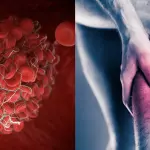
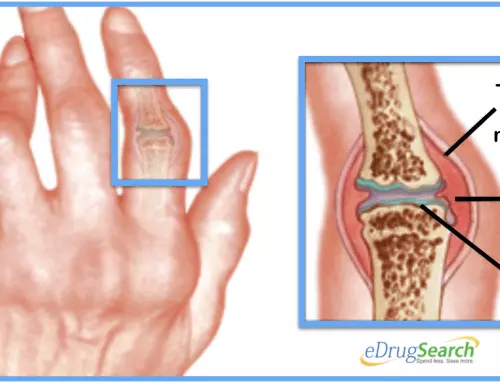
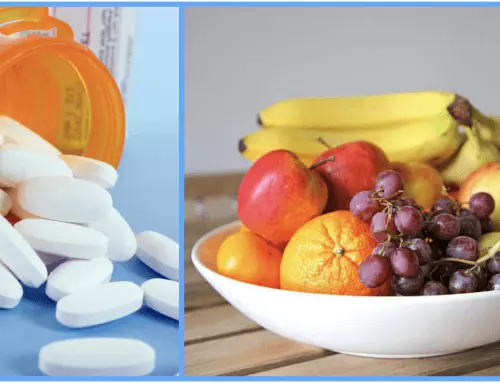

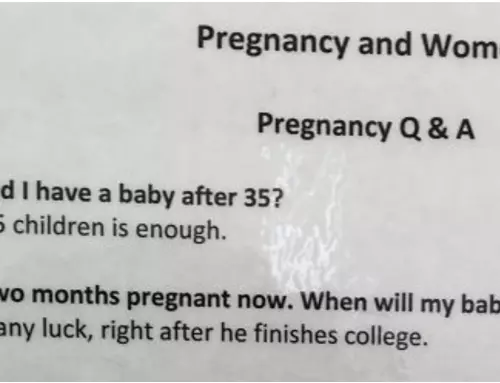




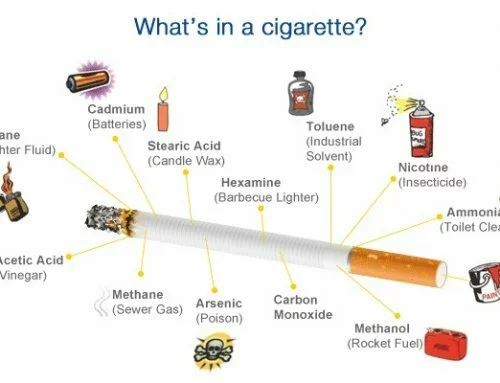

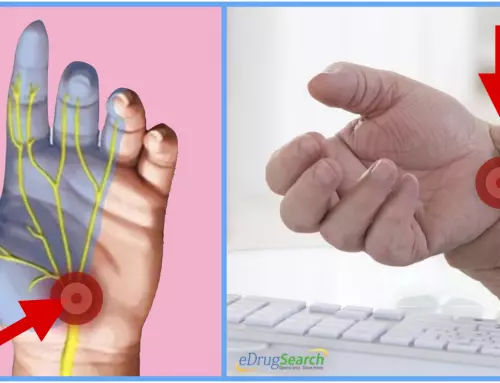


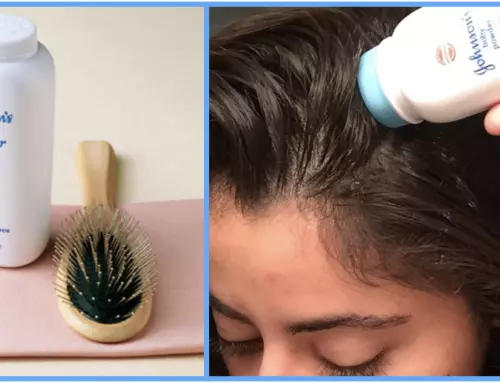
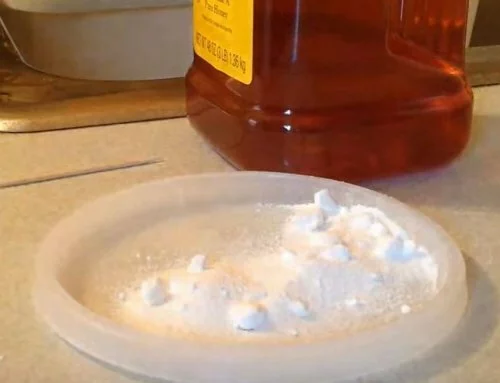





Leave a Reply
2 Comments on "This Is What Happens to Your Body After You Drink a Cup of Coffee…"
What about the preservatives and chemical flavorings added by commercial manufacturers to the coffee that we buy?
Anything that has a list of ingredients that is a mile long you need to stay away! And DO NOT use coffee mate creamer, it is VERY bad for you; see here: https://www.isitbadforyou.com/questions/is-coffee-mate-bad-for-you
Instead use organic (or regular) milk or half & half and then add your own amount of sugar and flavors of your choice.